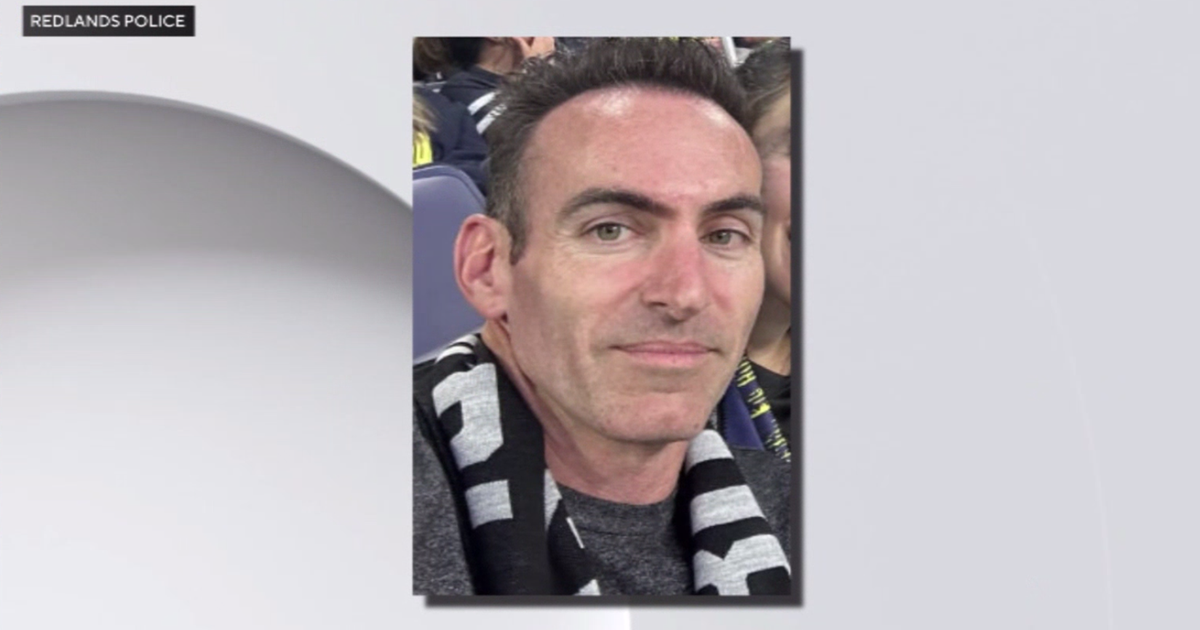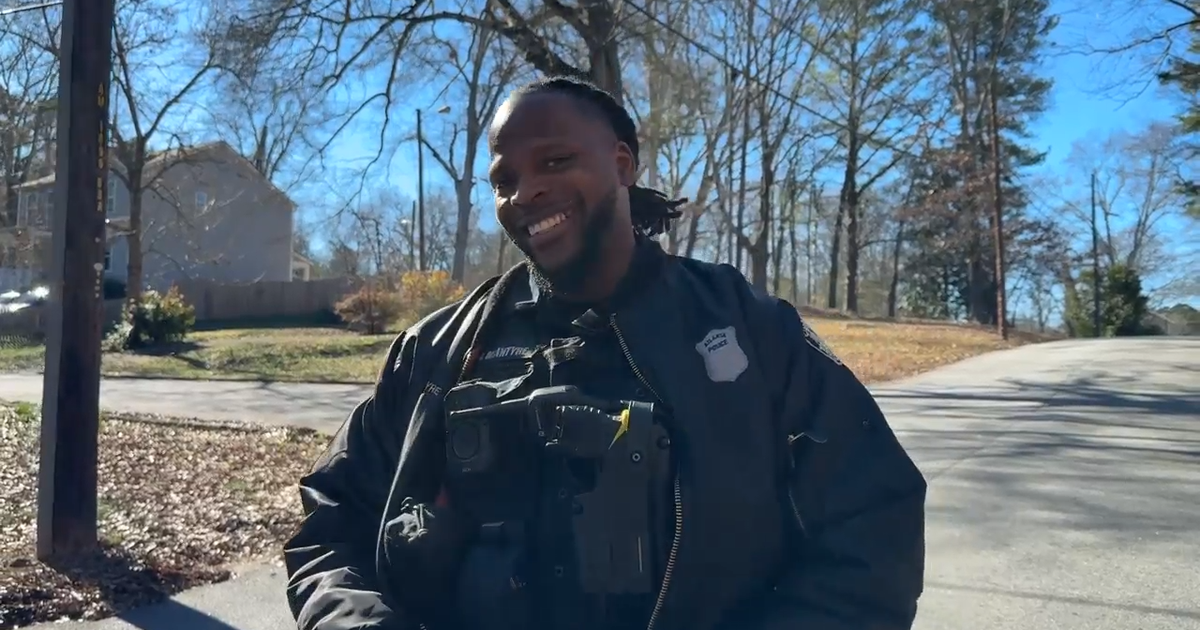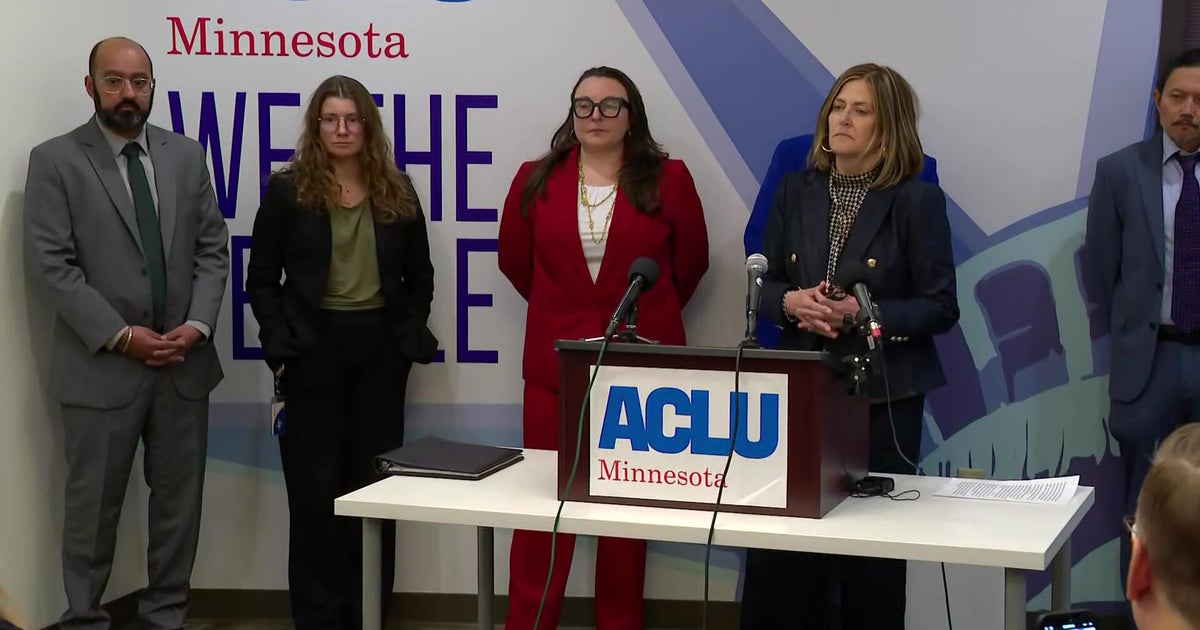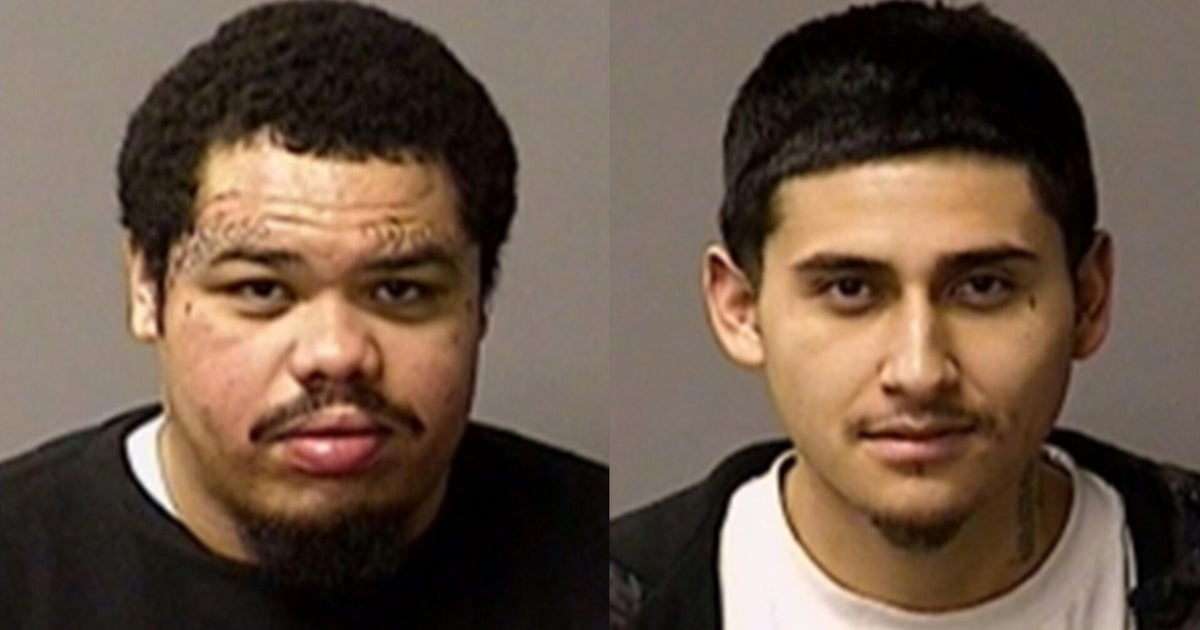Longtime Civil Rights Activist Julian Bond Dead At 75
Follow CBSMIAMI.COM: Facebook | Twitter
ATLANTA (AP) — Julian Bond, a leading figure from the 1960s civil rights movement who served as chairman of the NAACP after a long career in politics, died Saturday, according to the Southern Poverty Law Center. He was 75.
Bond died in Fort Walton Beach, Florida, after a brief illness, the center said in a statement released Sunday.
Horace Julian Bond was born Jan. 14, 1940, in Nashville, Tennessee, and grew to be a major force in the campaign for racial equality. Often seen at the forefront of protests against segregation, Bond later pursued a lengthy career in politics and academia but never ceded his position as a civil rights icon.
President Barack Obama issued a statement Sunday calling Bond "a hero."
"Justice and equality was the mission that spanned his life," Obama said. "Julian Bond helped change this country for the better. And what better way to be remembered than that."
Bond burst into the national consciousness after helping to start the Student Non-violent Coordinating Committee — where he rubbed shoulders with the likes of Stokely Carmichael and John Lewis. As the group grew into an important force that advocated for social change, the young Bond dropped out of Morehouse College in Atlanta to serve as the committee's communications director. He later returned and got his degree in 1971.
Bond was elected to the Georgia House of Representatives in 1965 and stepped into the national spotlight after being refused his seat because of his anti-war stance on Vietnam. The case went all the way up to the U.S. Supreme Court decision, which ruled in his favor. Bond took his seat in 1967.
In 1968, he led a delegation to the 1968 Democratic National Convention, where his name was placed in nomination for the vice presidency but he declined because he was too young.
He served in the Georgia House until 1975 and then served six terms in the Georgia Senate from 1975 to 1986. He also served as president of the SPLC from its founding in 1971 to 1979 and was later on its board of directors.
In 1998, Bond was elected as board chairman of the NAACP, serving for 10 years.
Former Ambassador Andrew Young said Bond's legacy would be as a "lifetime struggler."
"He started when he was about 17 and he went to 75 and I don't know a single time when he was not involved in some phase of the civil rights movement."
Intellectual and telegenic, Bond was known for his even emotional keel, and could be depended upon not to lose his cool even in the most emotional situations, Young said.
"I could usually find when everybody else was getting worked up, I could find in Julian a cool serious analysis of what was going on," Young said.
Bond was a "visionary" and "tireless champion" for civil and human rights, the SPLC said.
"With Julian's passing, the country has lost one of its most passionate and eloquent voices for the cause of justice," SPLC co-founder Morris Dees said in a statement. "He advocated not just for African Americans, but for every group, indeed every person subject to oppression and discrimination, because he recognized the common humanity in us all."
Bond is survived by his wife, Pamela Horowitz, a former SPLC staff attorney; his five children, Phyllis Jane Bond-McMillan, Horace Mann Bond II, Michael Julian Bond, Jeffrey Alvin Bond, and Julia Louise Bond; his brother, James Bond; and his sister, Jane Bond Moore.
"You can use the term giant, champion, trail blazer — there's just not enough adjectives in the English language to describe the life and career of Julian Bond," said Doug Jones, a former U.S. attorney in Birmingham, Alabama.
"A voice that has been silenced now is one that I just don't think you can replace," Jones said.
(© Copyright 2015 The Associated Press. All Rights Reserved. This material may not be published, broadcast, rewritten or redistributed.)







